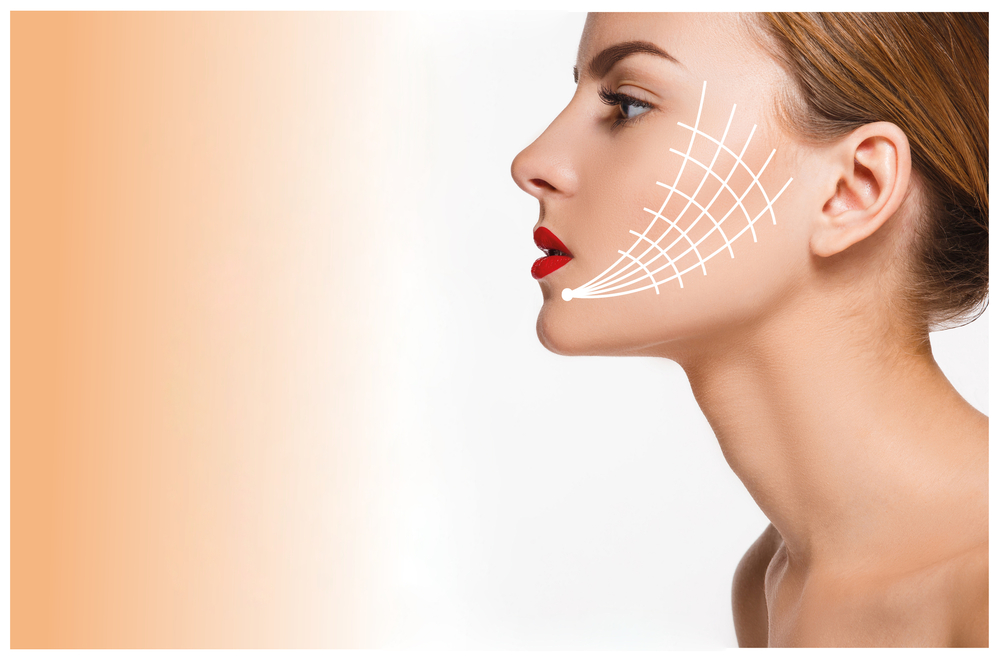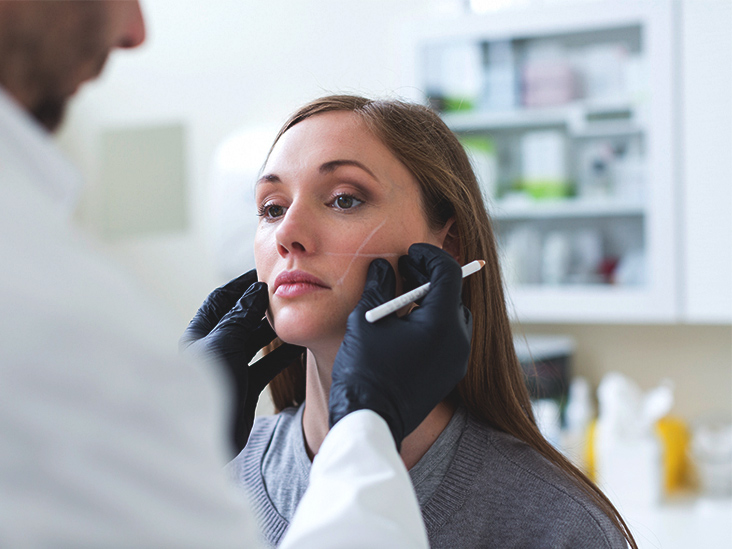
Botox has become a very popular treatment for migraines. Botox works by blocking the actions of acetylcholine which triggers muscle contractions. Although it does not work for everyone, many people have reported reductions in or even elimination of pain with the treatment. It is becoming more popular among migraine sufferers. Botox is safe and has few side effects.
Botox blocks the release of acetylcholine
Botox blocks the brain's release of acetylcholines, which are responsible to pain signals. This prevents migraines occurring from abnormal muscle contractions. It is safe, effective and painless for treating migraines.
Botox is administered using very small needles. The procedure takes only a few moments and can be done either while the patient lies down or sitting. Botox is not like regular shots. It does not penetrate the muscles.

It reduces muscle contractions
Botox, which is an injectable drug, is approved as a treatment for chronic headaches. The FDA-approved drug contains purified botulinum toxin, which helps to relax muscles and reduce headache frequency. Botox is usually administered in small doses to treat migraines. The anesthetic cream is applied to the patient during the procedure.
The drug can also be used to treat certain types of spasticity. This disorder causes muscles contract involuntarily. It can also be a sign of a neurological disorder or stroke. About twenty-three percent of stroke survivors will experience spasticity.
It is secure
Botox is a neurotoxin that Clostridium botulinums bacteria makes. It can be dangerous if taken incorrectly and can lead to botulism. Botox works by paralyzing muscles and blocking nerve signals. It is safe to use because the toxin does not pass through the stomach and is therefore not absorbed into the bloodstream. The treatment could be beneficial for many conditions, such as spasms, tics and wrinkles.
Although rare, allergic reactions may occur to the toxin in some individuals. In rare cases, reactions may cause swelling, difficulty swallowing, or hives. However, these effects are only short-term and not serious enough to prevent patients from receiving Botox treatment. Patients should be aware that there is a Botox allergy warning on the label. This will help them avoid the reaction.

It is only available on the NHS for people with chronic migraines
Botox is a prescription drug that is only available through the NHS to people suffering from chronic migraines. Clostridiumbotulinum is the bacteria that produces the drug. The drug was initially introduced to treat eye problems, but it has been used to treat many conditions, including migraine. It is currently only available to treat chronic migraines in the United Kingdom and Northern Ireland.
Although injections are not recommended for all chronic migraine sufferers, they can be helpful for those who have tried other therapies. Bash and Migraine Trust endorse the NHS's use of it and believe it should also be available to all those who are eligible. The NHS website states that patients suffering from chronic migraines should have the option to get Botox injections, even if they are unable to take preventative medication.